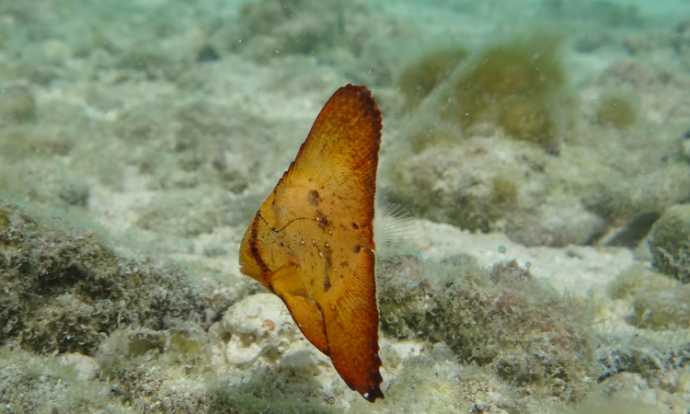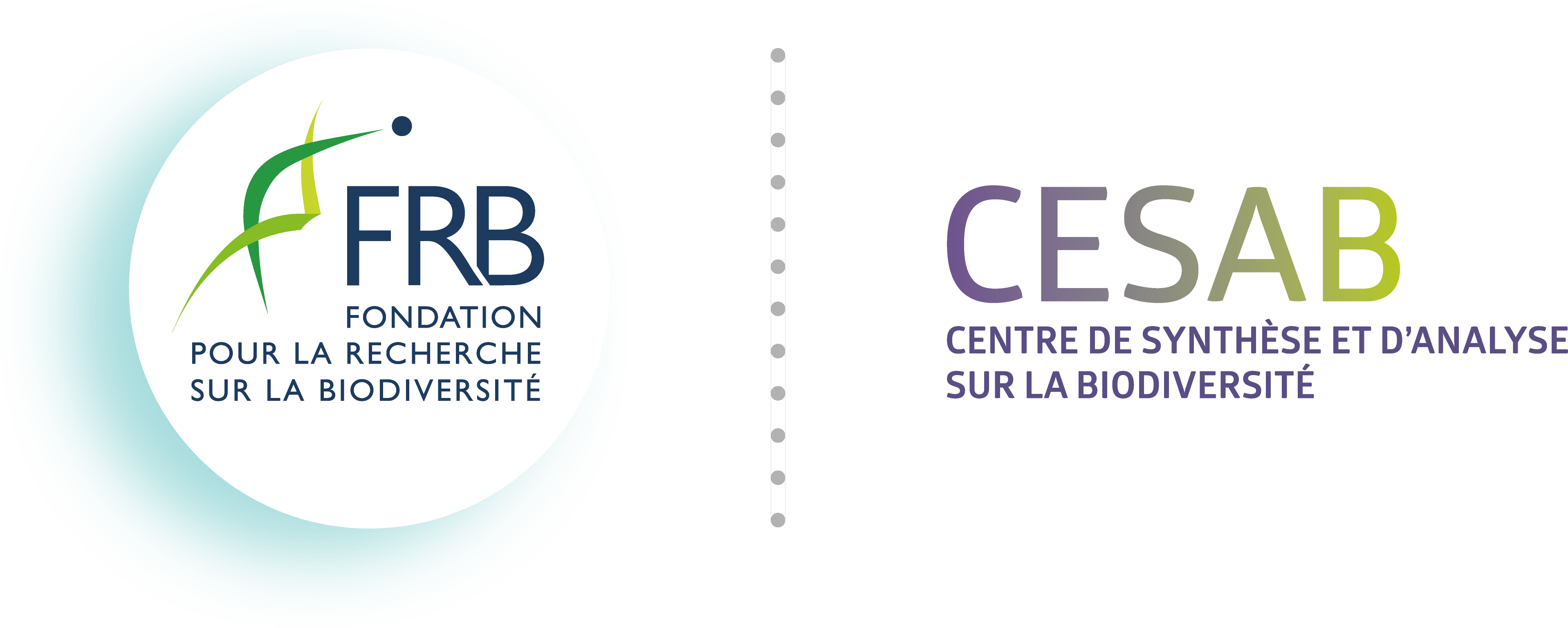PHENOFISH
Creating a global database of fish functional traits: integrating physiology and ecology across aquatic ecosystems
 © Nicolas Loiseau
© Nicolas Loiseau The complexity of ecosystems makes it inherently difficult to understand their functioning and predict their responses to disturbances. The introduction of functional approaches, which incorporates information about species’ ecological traits, has revolutionized many fields of ecology.
In fact, the morphological, anatomical, physiological, biochemical and phenological characteristics of species determine how they respond to environmental factors and influence ecosystem properties.
Although they represent the largest diversity of vertebrates, we still lack comprehensive databases of fishes’ traits. PHENOFISH aims to pool data on the biodiversity, morphology, behaviour and ecophysiology of marine and freshwater fishes that have never before been brought together. It brings together specialists in marine and freshwater ecology, spatial ecology (biogeography), ecophysiology, conservation ecology and behaviour. This complementarity in the characterisation of fish traits will advance our understanding of the processes, mechanisms and threats that influence fish species.

Principal Investigators:
Sébastien BROSSE – Université de Toulouse (France) ;
Nicolas LOISEAU – CNRS (France)
PHENOFISH brings together specialists of ecophysiology, biomecanics and functional ecology of freshwater and marine species of fish.
PHENOFISH was selected from the 2022 datashare call for proposals. The project selection process was carried out by a committee of independent experts.
[01] Loiseau N, Mouillot D, Velez L, Seguin R, Casajus N, Coux C, Albouy C, Claverie T, Duhamet A, Fleure V, Langlois J, Villéger S & Mouquet N (2024) Inferring the extinction risk of marine fish to inform global conservation priorities. PLOS Biology, 22, e3002773. DOI: 10.1371/journal.pbio.3002773.




